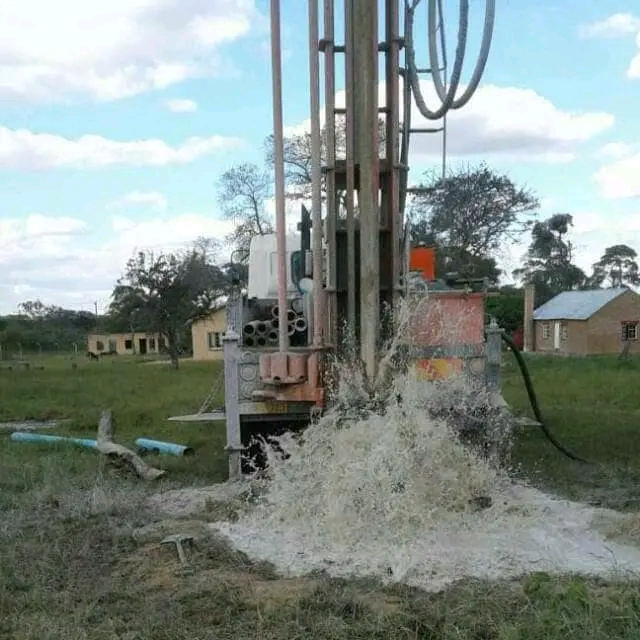October is one of Zimbabwe’s driest months, desperate residents searching for water solutions are falling prey to a new wave of borehole scammers. With the heat rising and taps running dry, con artists are exploiting the nation’s thirst for survival.
Across Zimbabwe, especially in urban and peri-urban areas, residents are turning to borehole drilling as a lifeline. However, scammers posing as legitimate drilling companies have flooded social media platforms and classifieds, offering “discounted” borehole services that never materialise.
The scam usually follows a familiar pattern. Victims are lured by cheap offers such as US$500 for a 40-metre borehole or US$900 for an 80-metre one and are asked to pay a deposit to “secure a drilling slot.” Once the money is transferred via mobile money or bank, the so-called drilling team disappears, phones go unanswered and social media pages vanish overnight.
“I lost US$600 to a company that promised to start drilling within three days,” said one victim from Chitungwiza. “They came with fake invoices and company branding, then disappeared after taking my deposit.”
The situation has worsened as water shortages intensify. According to climate experts, October is historically one of the hottest and driest months in Zimbabwe, marking the peak of water stress before the rainy season begins.
For the last three years, delayed rains have prolonged this period, leaving many communities desperate and vulnerable.
Environmental analysts warn that the combination of drought, high temperatures and economic hardship creates a perfect storm for fraudsters. “Scammers know people are desperate,” said an environmental consultant based in Harare. “They exploit the urgency to find water before the rainy season.”
Authorities and industry players have urged the public to exercise caution.
The Borehole Drillers Association of Zimbabwe (BDAZ) has repeatedly warned citizens to verify drilling companies before making payments.
Legitimate drillers are typically registered, have verifiable offices, company websites and social media pages and issue formal contracts before beginning work. Industry experts advise potential clients to visit the company’s premises, confirm registration details and avoid making full payments upfront.
“The golden rule is simple,” said one driller. “If the price looks too good to be true, it probably is.”
The consequences of these scams go beyond financial loss. For many families, the stolen money represents months of savings meant to secure clean water their most basic need.
As climate patterns continue to shift, with October’s dryness intensifying year after year, the need for reliable water solutions grows. Yet, so does the need for vigilance.
Water is life and in these desperate times, Zimbabweans must ensure that their quest for survival does not lead them into the traps of opportunistic fraudsters.
Engineer Jacob Kudzayi Mutisi
+263772278161
